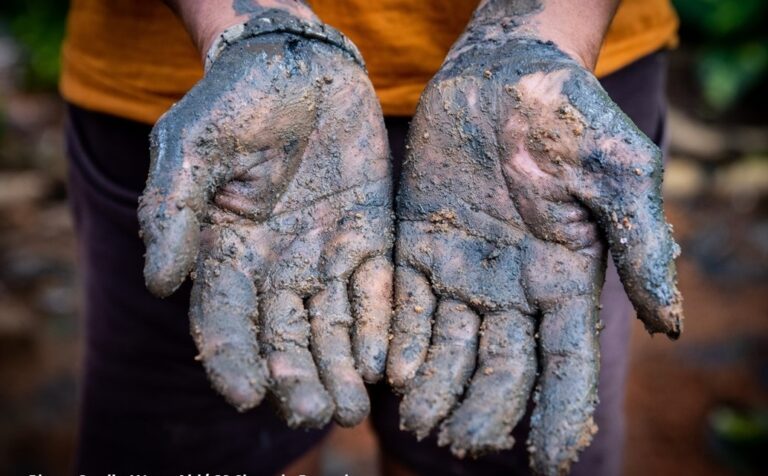
The Dalit community in Surkhet was most affected by the COVID-19 pandemic and its effects on employment, a discussion between Dignity Initiative and Dalit Services Association held on Monday concluded.
Dalit leaders and stakeholders said that the pandemic had significantly and particularly impacted the Dalit community, and pushed them further into poverty.
Participants of the discussion stated that Dalits were facing discrimination in relief distribution and were even segregated in quarantine and isolation centers. They added that people’s representatives had also discriminated against the local Dalit population in the process of administering anti-COVID vaccines.
Most Dalits in Surkhet are dependent on daily wage works as their main source of income. However, they lost their primary source of employment when many sectors were shut down due to the pandemic.
Rup Sunar of Dignity Initiative said that the Dalit community was more affected as the children of the Dalit community could not participate in online classes due to poverty. Sunar added that 45 per cent Dalits had lost their jobs during the lockdown.
He said that the primary income source of 80 per cent of the Dalits was daily wages, which was cut off because of the pandemic.
Danda BK, executive member of Birendranagar Municipal Assembly, said even hospital staffs discriminated against Dalits infected with COVID and banks did not trust Dalits when asked for a loan.
Rajesh Soni, of Dalit Service Association, suggested the local and provincial governments to come up with plans to increase Dalits’ income capacity.
According to Surkhet District Public Health Office, about 25 per cent Dalits have died from the COVID-19 in the district. Ganesh Bhakta Gautam, public health officer, said that out of the 212 people dead due to the virus, 54 belonged to the Dalit community.
For decades, Dalits have been politically excluded, economically deprived, and socio-culturally discriminated and treated as ‘untouchables’.
According to the National Dalit Commission of Nepal, there are 26 different caste groups who have been excluded, discriminated and considered untouchables in the Nepali Hindu society.
60 percent of the national Dalit population is lives in Hills and 40 percent in Madhes. They have been fighting for a host of issues such as guarantee of fundamental rights, proportional representation in state’s decision making positions, rights to education, health, land, housing, employment as well as a just and equitable society with the dignified life.





